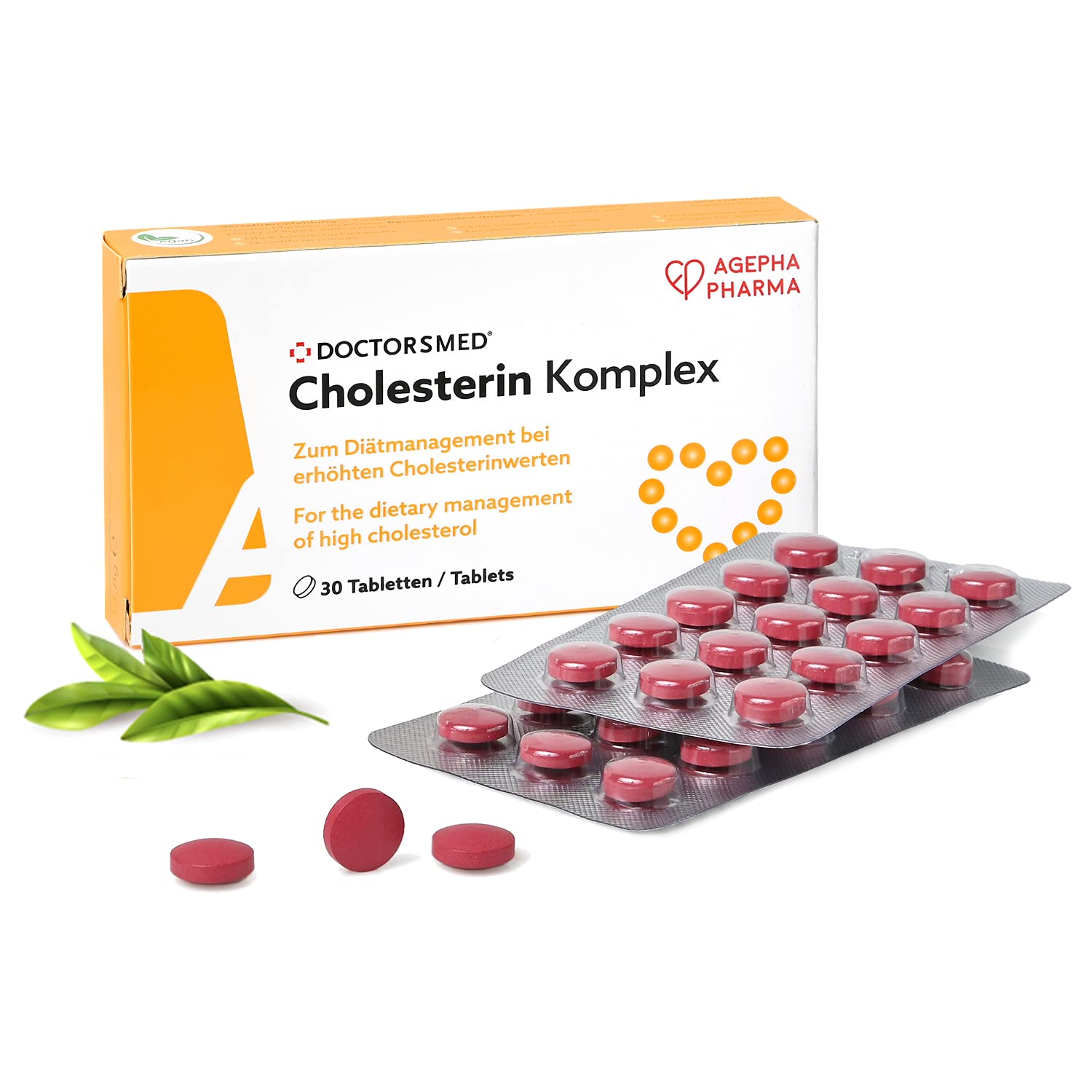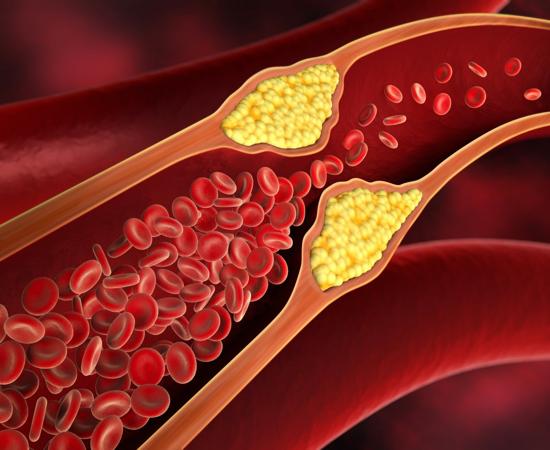The human body requires cholesterol to build healthy cells, but high levels of cholesterol can increase the risk of heart disease. Understanding High Cholesterol, its symptoms, causes, and treatment options is crucial for maintaining good health.
## Benefits
If managed properly, High Cholesterol can often be improved with lifestyle changes such as a healthy diet and exercise routine. By taking control of your cholesterol levels, you can reduce the risk of heart disease and lead a healthier life.
## Where can I purchase High Cholesterol?
You cannot purchase High Cholesterol as it is a medical condition that needs to be managed with the help of healthcare professionals.
## Introduction
High Cholesterol is a condition characterized by elevated levels of cholesterol in the blood. It is a major risk factor for heart disease and stroke, leading causes of death worldwide. Understanding the implications of High Cholesterol and taking steps to manage it is essential for maintaining good health.
1. **What are the symptoms of High Cholesterol?**
– High Cholesterol is often asymptomatic, meaning it doesn’t present any noticeable symptoms.
– In rare cases, individuals with extremely High Cholesterol levels may develop visible signs such as xanthomas (yellowish cholesterol deposits under the skin).
2. **What are the causes of High Cholesterol?**
– Poor diet high in saturated and trans fats.
– Lack of physical activity.
– Genetics and family history.
– Certain medical conditions like diabetes and hypothyroidism.
3. **How is High Cholesterol diagnosed?**
– Through a simple blood test called a lipid profile, which measures total cholesterol, LDL (bad) cholesterol, HDL (good) cholesterol, and triglycerides.
4. **What are the treatment options for High Cholesterol?**
– Lifestyle modifications including a healthy diet rich in fruits, vegetables, and whole grains.
– Regular exercise.
– Medications such as statins, fibrates, and cholesterol absorption inhibitors may be prescribed based on individual needs.
5. **Can High Cholesterol be managed without medication?**
– In some cases, lifestyle changes alone can effectively lower cholesterol levels.
– It is important to work closely with a healthcare provider to create a personalized plan for managing High Cholesterol.
## Detailed Explanation
Cholesterol is a waxy substance produced by the liver and obtained from certain foods. It is essential for building cell membranes, producing hormones, and aiding in digestion. However, when cholesterol levels become elevated, it can lead to the accumulation of plaque in the arteries, narrowing them and potentially causing blockages. This increases the risk of heart disease, heart attack, and stroke.
There are two main types of cholesterol: LDL (low-density lipoprotein) and HDL (high-density lipoprotein). LDL cholesterol is often referred to as “bad” cholesterol because it can deposit plaque in the arteries, while HDL cholesterol is known as “good” cholesterol as it helps remove LDL cholesterol from the arteries.
## Conclusion
High Cholesterol is a common but manageable condition that requires attention and proactive management. By making lifestyle changes, working with healthcare professionals, and staying informed about cholesterol levels, individuals can reduce their risk of heart disease and improve their overall well-being.
## High Cholesterol and Its Implications
High Cholesterol, when left untreated or unmanaged, can lead to serious health complications. From heart disease to stroke, the impact of High Cholesterol on the body can be significant. Understanding the implications of High Cholesterol is crucial for taking proactive steps towards better health.
## High Cholesterol Treatment Options
– Lifestyle modifications: Adopting a healthy diet low in saturated fats, trans fats, and cholesterol can help improve cholesterol levels.
– Regular exercise: Physical activity can help raise HDL (“good”) cholesterol levels and lower LDL (“bad”) cholesterol.
– Medications: In some cases, medications such as statins may be prescribed to help lower cholesterol levels.
## High Cholesterol FAQs
1. **What is the ICD 10 code for High Cholesterol?**
– The ICD 10 code for High Cholesterol is E78.5.
2. **Are there specific foods to avoid for High Cholesterol?**
– Foods high in saturated fats such as red meat, butter, and full-fat dairy products should be consumed in moderation.
3. **Can High Cholesterol be directly linked to heart disease?**
– Yes, High Cholesterol is a major risk factor for heart disease and can contribute to the development of atherosclerosis.
4. **Is High Cholesterol common in individuals with diabetes?**
– Individuals with diabetes are at an increased risk of High Cholesterol due to the impact of insulin resistance on lipid metabolism.
5. **How does High Cholesterol affect blood pressure?**
– High Cholesterol can lead to the buildup of plaque in the arteries, increasing blood pressure and straining the heart.
## High Cholesterol and Heart Health
Maintaining healthy cholesterol levels is essential for heart health. By monitoring cholesterol levels, making lifestyle changes, and seeking appropriate



